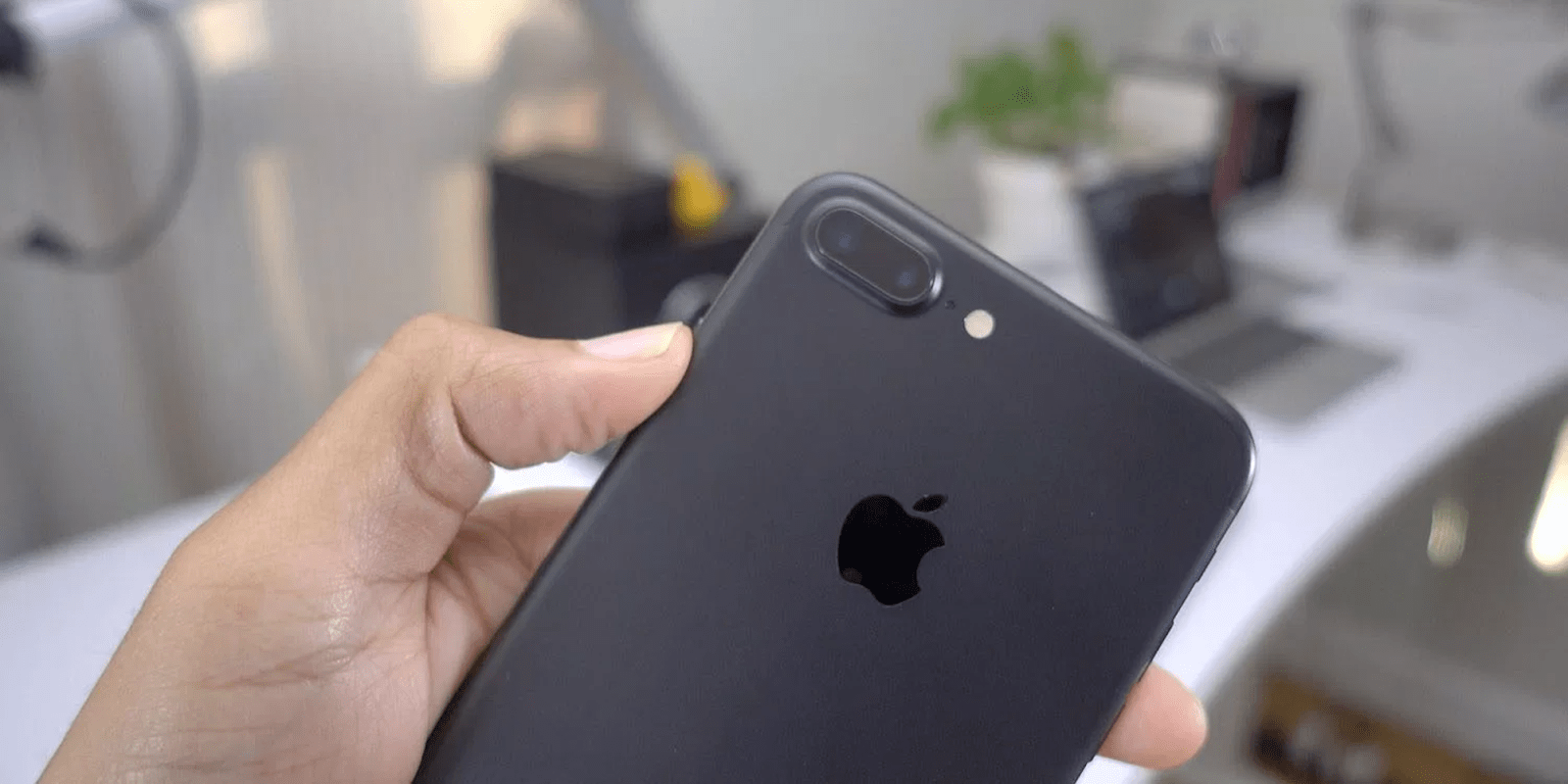13 Best Memorial Day Sales on Our Favorite Gear (2025)





China is poised to be the next big donor to the World Health Organization after Trump abruptly withdrew the US from the United Nations health agency on his first day in office, leaving a critical funding gap and leadership void.
On Tuesday, Chinese Vice Premier Liu Guozhong said that China would give an additional $500 million to WHO over the course of five years. Liu made the announcement at the World Health Assembly (WHA) being held in Geneva. The WHA is the decision-making body of WHO, comprised of delegations from member states, which meet annually to guide the agency's health agenda.
“The world is now facing the impacts of unilateralism and power politics, bringing major challenges to global health security," Liu told the WHA, according to The Washington Post. "China strongly believes that only with solidarity and mutual assistance can we create a healthy world together."


© Getty | Xinhua News Agency

Today, Apple updated its vintage products list with two new iPhone models, and also moved two other iPad models to its obsolete products list. This means that certain Apple devices might not be able to be repaired as easily.
more…YouTube teased a “little refresh” of the mobile app’s miniplayer earlier this week, and this update is now rolling out on Android and iOS. This follows the “feedback” people sent in after the October launch.
more…
A lawsuit against Google and companion chatbot service Character AI — which is accused of contributing to the death of a teenager — can move forward, ruled a Florida judge. In a decision filed today, Judge Anne Conway said that an attempted First Amendment defense wasn’t enough to get the lawsuit thrown out. Conway determined that, despite some similarities to videogames and other expressive mediums, she is “not prepared to hold that Character AI’s output is speech.”
The ruling is a relatively early indicator of the kinds of treatment that AI language models could receive in court. It stems from a suit filed by the family of Sewell Setzer III, a 14-year-old who died by suicide after allegedly becoming obsessed with a chatbot that encouraged his suicidal ideation. Character AI and Google (which is closely tied to the chatbot company) argued that the service is akin to talking with a video game non-player character or joining a social network, something that would grant it the expansive legal protections that the First Amendment offers and likely dramatically lower a liability lawsuit’s chances of success. Conway, however, was skeptical.
While the companies “rest their conclusion primarily on analogy” with those examples, they “do not meaningfully advance their analogies,” the judge said. The court’s decision “does not turn on whether Character AI is similar to other mediums that have received First Amendment protections; rather, the decision turns on how Character AI is similar to the other mediums” — in other words whether Character AI is similar to things like video games because it, too, communicates ideas that would count as speech. Those similarities will be debated as the case proceeds.
While Google doesn’t own Character AI, it will remain a defendant in the suit thanks to its links with the company and product; the company’s founders Noam Shazeer and Daniel De Freitas, who are separately included in the suit, worked on the platform as Google employees before leaving to launch it and were later rehired there. Character AI is also facing a separate lawsuit alleging it harmed another young user’s mental health, and a handful of state lawmakers have pushed regulation for “companion chatbots” that simulate relationships with users — including one bill, the LEAD Act, that would prohibit them for children’s use in California. If passed, the rules are likely to be fought in court at least partially based on companion chatbots’ First Amendment status.
This case’s outcome will depend largely on whether Character AI is legally a “product” that is harmfully defective. The ruling notes that “courts generally do not categorize ideas, images, information, words, expressions, or concepts as products,” including many conventional video games — it cites, for instance, a ruling that found Mortal Kombat’s producers couldn’t be held liable for “addicting” players and inspiring them to kill. (The Character AI suit also accuses the platform of addictive design.) Systems like Character AI, however, aren’t authored as directly as most videogame character dialogue; instead, they produce automated text that’s determined heavily by reacting to and mirroring user inputs.
“These are genuinely tough issues and new ones that courts are going to have to deal with.”
Conway also noted that the plaintiffs took Character AI to task for failing to confirm users’ ages and not letting users meaningfully “exclude indecent content,” among other allegedly defective features that go beyond direct interactions with the chatbots themselves.
Beyond discussing the platform’s First Amendment protections, the judge allowed Setzer’s family to proceed with claims of deceptive trade practices, including that the company “misled users to believe Character AI Characters were real persons, some of which were licensed mental health professionals” and that Setzer was “aggrieved by [Character AI’s] anthropomorphic design decisions.” (Character AI bots will often describe themselves as real people in text, despite a warning to the contrary in its interface, and therapy bots are common on the platform.)
She also allowed a claim that Character AI negligently violated a rule meant to prevent adults from communicating sexually with minors online, saying the complaint “highlights several interactions of a sexual nature between Sewell and Character AI Characters.” Character AI has said it’s implemented additional safeguards since Setzer’s death, including a more heavily guardrailed model for teens.
Becca Branum, deputy director of the Center for Democracy and Technology’s Free Expression Project, called the judge’s First Amendment analysis “pretty thin” — though, since it’s a very preliminary decision, there’s lots of room for future debate. “If we’re thinking about the whole realm of things that could be output by AI, those types of chatbot outputs are themselves quite expressive, [and] also reflect the editorial discretion and protected expression of the model designer,” Branum told The Verge. But “in everyone’s defense, this stuff is really novel,” she added. “These are genuinely tough issues and new ones that courts are going to have to deal with.”

Signal is taking proactive steps to ensure Microsoft’s Recall feature can’t screen capture your secured chats, by rolling out a new version of the Signal for Windows 11 client that enables screen security by default. This is the same DRM that blocks users from easily screenshotting a Netflix show on their computer or phone, and using it here could cause problems for people who use accessibility features like screen readers.
While Signal says it’s made the feature easy to disable, under Signal Settings > Privacy > Screen Security, it never should’ve come to this. Developer Joshua Lund writes that operating system vendors like Microsoft “need to ensure that the developers of apps like Signal always have the necessary tools and options at their disposal to reject granting OS-level AI systems access to any sensitive information within their apps.”
Despite delaying Recall twice before finally launching it last month, the “photographic memory” feature doesn’t yet have an API for app developers to opt their users’ sensitive content out of its AI-powered archives. It could be useful for finding emails or chats (including ones in Signal) using whatever you can remember, like a description of a picture you’ve received or a broad conversation topic, but it could also be a massive security and privacy problem.
Lund notes that Microsoft already filters out private or incognito browser window activity by default, and users who have a Copilot Plus PC with Recall can filter out certain apps under the settings, but only if they know how to do that. For now, Lund says that “Signal is using the tools that are available to us even though we recognize that there are many legitimate use cases where someone might need to take a screenshot.”
It’s May 21, 2025, and we’re back with your daily funding rundown—where the money’s going, who’s writing the checks, and which startups are making moves. From fintech and AI to sustainability and biotech, today’s batch covers a lot of ground. […]
The post Top tech startup funding news for today, May 21, 2025 first appeared on Tech Startups.





Apple, Warner Bros, and IMAX are doubling down on the hype around Brad Pitt’s ‘F1: The Movie’, and have expanded the worldwide release. Tickets are on sale now. Here’s how to get them.
more…